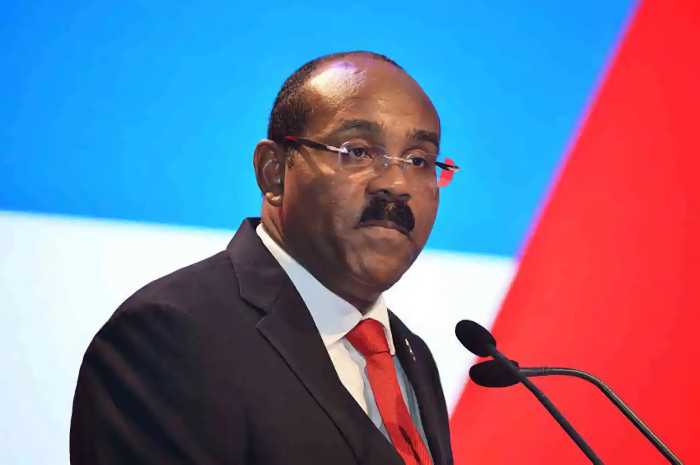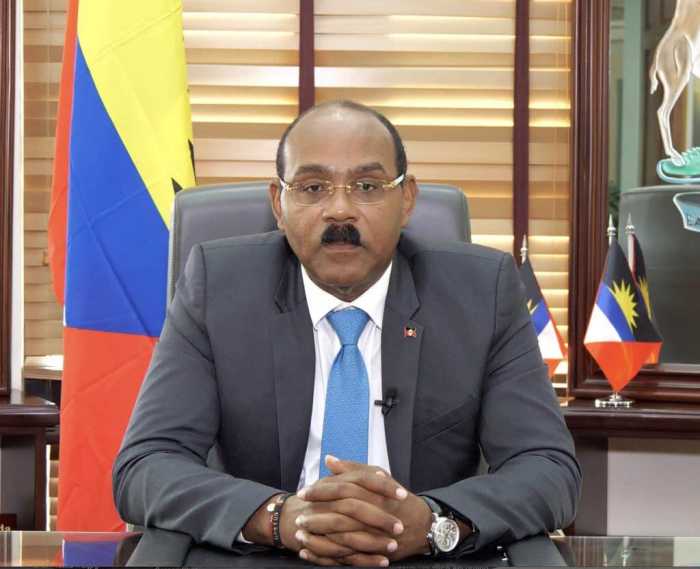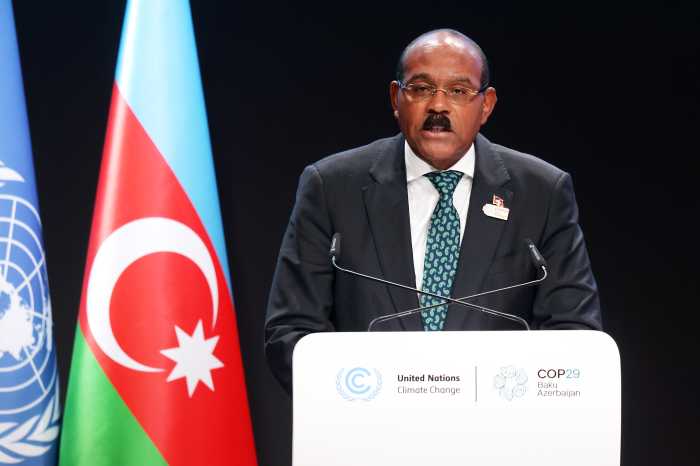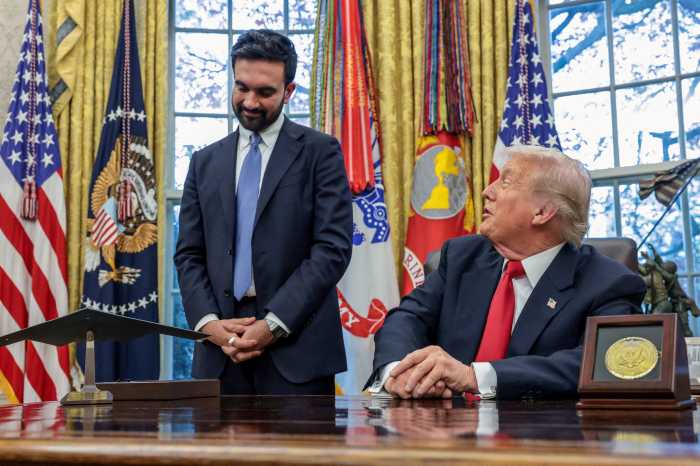A virtual war has broken out between several small Eastern Caribbean nations which allow foreigners to buy local citizenship and national passports for an agreed sum. In recent months, several of the participating countries have drastically reduced prices applicants from around the world pay to become local citizens.
Officials in some countries say that applications to some of the destinations offering the controversial Citizenship by Investment Programs (CIP) have slowed to a trickle so soft demand has led to a fall in prices as is the case for every other commodity or item.
Apart from cutting fees by half as in the case of St. Lucia, Dominica and Antigua most recently, some governments have also cut processing fees for applicants as well and have moved to allow the parents and children up to the age of 30 to be also included in the program- all in the name of making their own systems more marketable.
And despite fears from western nations that mobsters, international terrorists and applications with dubious backgrounds could slip through the processing and vetting system, governments say they are scrambling for development financing given drastic reductions of taxes coming in from free trade and a fall off of key commodity and agricultural exports to Europe and North America.
They also say that sugar, rice and banana exports to Europe have long since collapsed for Windward Islands and other nations, increased scrutiny by the west has affected the once very lucrative offshore financial sector and annual hurricanes often force governments to find millions to rebuild battered infrastructure.
So officials from various programs have quietly done studies of each other’s systems and have tweaked incentives to make theirs better than neighbors.
“The government was adamant that it was not going to reduce the investment amount as it was concerned about a race to the bottom,” Antigua’s cabinet said recently, referring to moves by neighbors to reduce prices to the lowest possible levels. “But what has happened is that we have done a study over the CIPs in the region and we have found that our processing fees are by far the highest over all five programs. We could have passed off the fact that we were a little more expensive because we had visa free access to Canada. With that not being the case now, we are actually working on a comprehensive strategy to determine the direction of the program,” the Observer Newspaper reported.
Before the cuts in the past year, most destinations — St. Kitts, Antigua, Dominica, St. Lucia and St. Vincent were basically offering fees at $200,000 plus processing fees of up to $50,000. These are now down to $100,000 and $25,000 respectively, victim of a simmering price war, a slow down in demand and a reach out to potential applicants.
Antigua has become a bit less attractive to some applicants because the Canadians recently cancelled visa free travel there, questioning the island’s vetting properly the applicants. Visa free travel to Canada and other places was one of its best selling points. But while Antigua cuts back rates to stay afloat, Dominica and Antigua’s other neighbors are doing their best to market their programs. For example, both Grenada and Dominica boast on websites that a CIP citizen will have visa free access to nearly 120 countries. “This is one of the lowest programs in the world and it has been hugely popular because of this,” Dominica’s government suggest on the web.
The nine-nation Organization of Eastern Caribbean States of which all the countries are members, has already suggested that heads of governments come together and formulate a harmonized policy rather than allow for the open cut throat competition of recent months as the region could in the end undermine itself.




















